Flu season runs from October to May, and the Centers for Disease Control and the American Academy of Pediatrics recommend that children over the age of 6 months be vaccinated against influenza. Why? The flu isn’t just a bad cold; it’s a deadly and highly contagious illness that causes the most harm to kids. The best way to protect you and your family against influenza (flu) is to get the flu vaccine every year. To help you better understand why, we answer some of your questions about the flu shot.
Why should my child get a flu shot this year?
While it has always been important for everyone ages 6 months and up to get the flu shot, it is arguably even more important this year given the ongoing presence of COVID-19. Flu and COVID-19 cause similar symptoms and if your child is unlucky enough to catch both at the same time, they could have a worse course of illness as their body tries to fight both. Besides both viruses causing lung issues and breathing problems, in rare cases, both the flu and COVID viruses can cause life-threating, sudden heart attacks.
How many doses of flu vaccine does my child need?
- Most children 6 months and older will need 1 flu shot this year.
- If your child is 6 months to 8 years old and has never had a flu vaccine or has never had a 2-dose series of the flu vaccine, they will need 2 shots separated by 4 weeks.
When should my child get vaccinated against the flu?
For children who need only one dose of flu vaccine, September and October are generally good times to be vaccinated. Ideally, everyone should be vaccinated by the end of October.
If your child needs two doses of flu vaccine, they should get the first dose as soon as the vaccine becomes available. The second dose needs to be given at least four weeks after the first.
Will getting the flu vaccine put my child at greater risk for contracting COVID-19?
No. The flu vaccine will not put your child at greater risk for getting COVID-19, but it also won’t prevent them from getting COVID-19.
Can my child get COVID-19 from the flu vaccine?
No. Your child will not get COVID-19 from the flu vaccine. The flu vaccine dose not contain coronavirus. It contains inactive influenza virus or proteins from an influenza virus, which means getting a flu vaccine will not cause you or your child to get the flu or test positive for COVID-19 or any coronavirus.
Is it safe for my child to get the flu shot and the COVID-19 vaccine at the same time?
Yes, as long as your child is eligible to get the flu shot and the COVID-19 vaccine, then it is safe to administer them together.
Is the flu shot better than the flu mist?
No. Both versions of the flu vaccine are equally effective at protecting against the influenza virus. However, parents should talk to their pediatrician about which flu vaccine is recommended for their child. Children need to be at least 2 years old to receive the nasal spray vaccine. The flu nasal spray is not recommended for anyone with chronic lung problems like asthma or for anyone with a compromised immune system.
Can my child get the flu from the flu vaccine?
No, a flu vaccine cannot cause the flu. Flu shots are currently made with either flu vaccine viruses that have been killed (inactivated) and are therefore not infectious, or with proteins from a flu vaccine virus. The nasal spray is made with attenuated (weakened) flu viruses and cannot cause the flu. These weakened viruses are cold-adapted, which means they are designed to only cause infection at the cooler temperatures found within the nose. The viruses cannot infect the lungs or other warm areas.
Reports of illness after flu vaccine are typically due to side effects from the vaccine, or from unrelated viral illnesses that also tend to circulate during the time of year that flu shots are administered. Typical side effects from the flu vaccine include soreness (if given the flu shot), congestion (if given the nasal spray), cough, fever, body aches, headache and fatigue. Serious side effects are rare and less common than the severe complications that occur from the flu itself.
I got the flu vaccine and still got the flu! Why?
Scientists make predictions about what flu strains will circulate the following year when they prepare the flu vaccine. In most years, these predictions result in a flu vaccine that provides significant protection, but there is still a chance you or your child may contract a strain that is not included in the vaccine.
 https://riseandshine.childrensnational.org/wp-content/uploads/2017/10/baby-getting-a-vaccine-feature.jpg
300
400
Rise and Shine
https://riseandshine.childrensnational.org/wp-content/uploads/2017/11/childrens_riseandshine_logo.jpg
Rise and Shine2025-03-05 12:00:142025-03-05 15:03:47Keeping track of your child’s immunization schedule
https://riseandshine.childrensnational.org/wp-content/uploads/2017/10/baby-getting-a-vaccine-feature.jpg
300
400
Rise and Shine
https://riseandshine.childrensnational.org/wp-content/uploads/2017/11/childrens_riseandshine_logo.jpg
Rise and Shine2025-03-05 12:00:142025-03-05 15:03:47Keeping track of your child’s immunization schedule



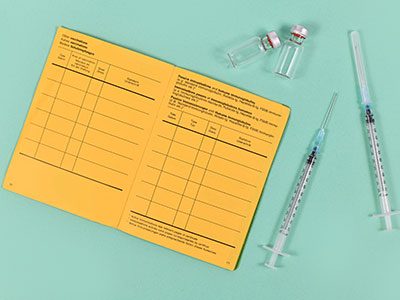

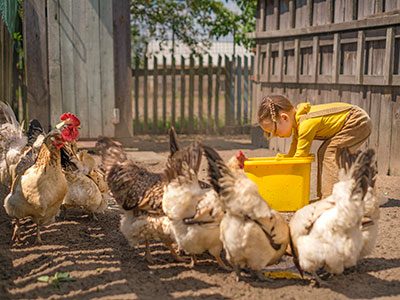


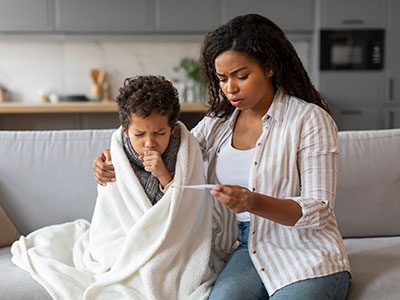




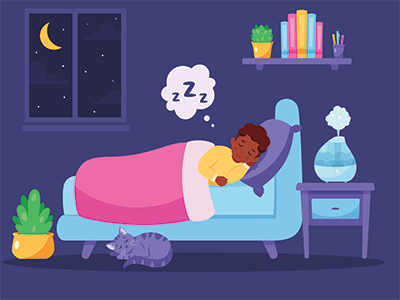
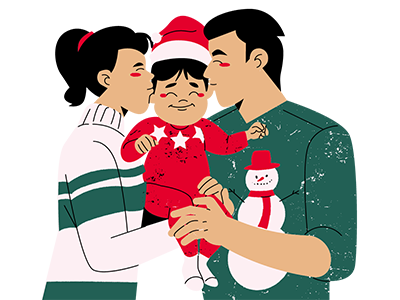
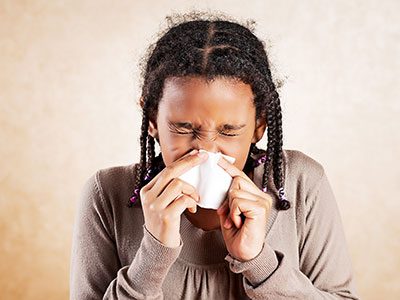
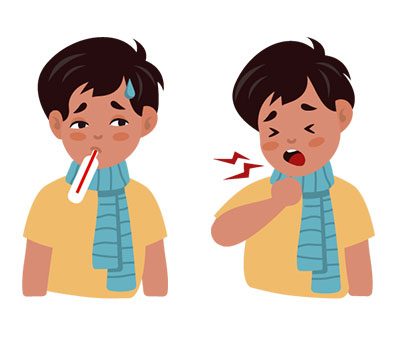
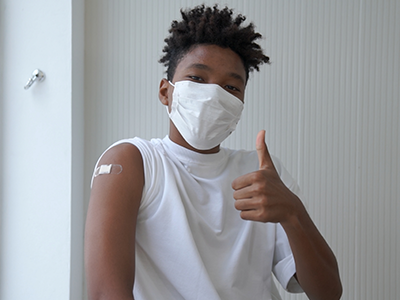

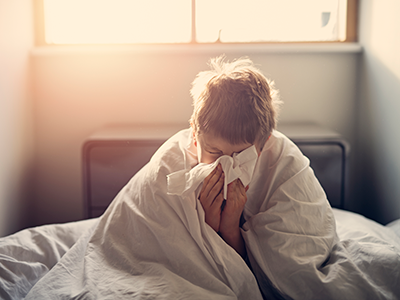
Leave a Comment
Want to join the discussion?Feel free to contribute!